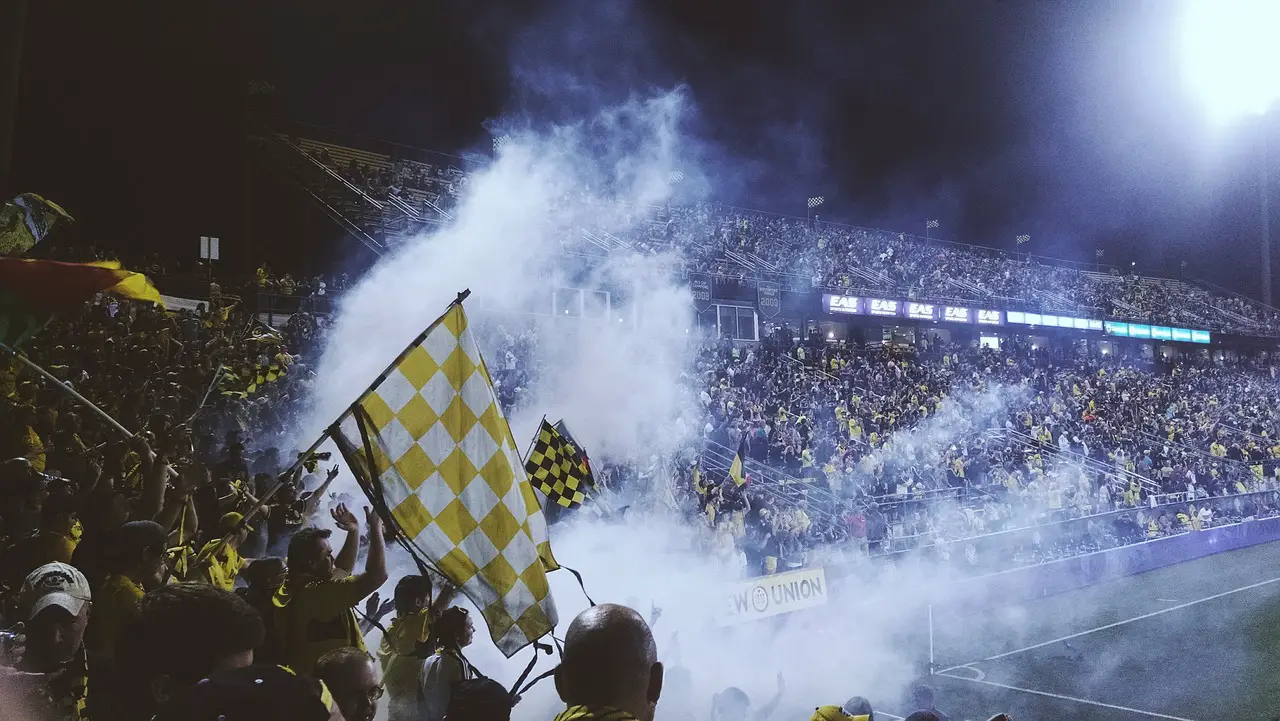

Soccer is often considered the world’s most popular sport, and it’s no surprise that its rules are among the most hotly contested topics of conversation. One debate that has raged on for years involves whether or not players should be allowed to fake penalty kicks. While some argue that fakes can add excitement and unpredictability to the game, many soccer purists believe they should remain outlawed due to their potential unfairness.
A “penalty kick” occurs when one team commits a foul inside their own penalty area, resulting in an indirect free kick from 12 yards away from goal. The standard procedure calls for the kicker to attempt to shoot the ball into the goal with no interference from either team — but what happens if someone decides to try something different? Some have argued that feigning a shot can sometimes be used as an effective strategy; however, others disagree vehemently and maintain that it violates long-standing principles of sportsmanship.
Proponents of allowing simulated shots during penalty kicks tend to focus on two main points: increased excitement and unpredictability levels within games, as well as giving creative players more freedom over their actions while on the field. After all, why should someone be penalized simply because they want express themselves outside established conventions? Allowing such strategies would also level out playing fields between teams who may otherwise struggle against opponents with superior technique or conditioning skillset – particularly those whose sole tactic appears solely dedicated towards thwarting any attempts at offense by trying limit open play whenever possible.
On the flip side however, there are many valid reasons why faked shots could potentially cause more harm than good when applied haphazardly throughout matches: Firstly, these types of plays typically require split second decision making which means even experienced professionals may find themselves unable properly pull off – leading them instead being caught off guard by defenders who can read through this type of deception easily enough given time constraints (not ideal considering how much risk is involved). Furthermore,, using these tactics too regularly could lead opponents becoming overly suspicious and wary before each subsequent attack – thus reducing overall effectiveness when utilized near frequently enough times over course multiple games/seasons against same adversaries (in addition discouraging development other potentially more useful skillsets). Finally suing simulation excessively also risks drawing ire officials referees who must constantly monitor players for illegal activity according regulations governing modern day football today .
In conclusion , although there certainly exist arguments both supporting opposing use faked penalties within professional soccer , it appears majority opinion currently leans towards maintaining status quo where simulated shots remain banned due complexity risks associated with allowing them . That said , only time will tell if this policy ever changes future based upon ongoing discussions about need offer greater player flexibility well rising demand exciting unpredictable amongst growing fan base worldwide .